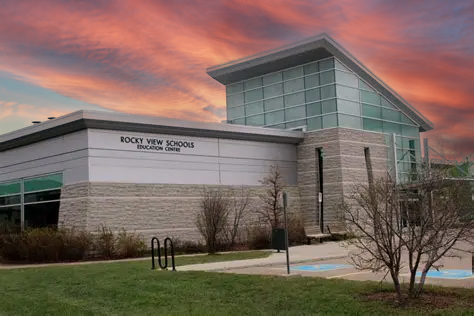The Saskatchewan Court of Appeal is set to hear arguments over the next two days regarding a contentious law requiring parental consent for children under 16 to change their names or pronouns at school. This law has raised significant concerns among advocates for LGBTQ+ rights and has implications that could resonate across provinces, including Alberta.
Earlier this year, a judge ruled that a challenge to the law could proceed, despite the Saskatchewan government invoking the notwithstanding clause to override certain Charter rights. The province contends that this clause should resolve the legal dispute, while the challenge’s proponents argue that the law poses irreparable harm to gender-diverse youth.
Lawyers representing UR Pride, an LGBTQ+ advocacy group that initiated the challenge, argue that the law forces young people to either come out or face being misgendered and misnamed in educational settings. This dynamic can create an environment of exclusion and distress for affected youth, impacting their mental health and overall well-being.
Adding to the complexity, the governments of Alberta and New Brunswick have intervened in the case, supporting Saskatchewan’s stance that parents should have ultimate authority over their children’s lives. New Brunswick has implemented similar legislation requiring parental consent for name or pronoun changes, while Alberta has announced plans to introduce such legislation this fall.
UR Pride asserts that the court has the authority to declare the law a violation of the Charter, even if this does not result in the law being struck down. They maintain that the legislation breaches the section of the Charter that protects individuals from cruel and unusual treatment. The Court of King’s Bench judge allowed UR Pride to amend its case, emphasizing these constitutional protections.
The Saskatchewan government, however, argues that the judge’s allowance of the amendment was improper and reiterates its position on the necessity of parental involvement in these decisions. The government’s invocation of the notwithstanding clause pertains to three sections of the Charter related to freedom of expression, liberty, and equal protection.
In light of these developments, concerns extend beyond Saskatchewan. For residents of Chestermere and Alberta, the potential introduction of similar legislation raises important questions about parental authority, individual rights, and the well-being of gender-diverse youth. Advocacy groups are calling for discussions that center on inclusivity and the rights of young people to express their identities without undue restrictions.
Saskatchewan’s Human Rights Commission had previously urged the province to reconsider the law after one commissioner resigned in protest, highlighting the growing discontent with the policy. The province’s child advocate has also criticized the law, arguing that it violates rights to gender identity and expression.
As the appeal unfolds, communities across Canada will be closely watching the outcome, as it could set important precedents regarding the rights of youth and the role of parents in shaping those rights. The implications of this case are far-reaching, and Chestermere residents are encouraged to engage in conversations about inclusivity and the importance of protecting the rights of all individuals, particularly the most vulnerable among us.
Appeal Court to Hear Challenge to Saskatchewan’s Pronoun Law

Controversial Legislation Sparks Concerns Among Gender-Diverse Youth and Advocates
In response to Canada's Online News Act and Meta (Facebook and Instagram) removing access to Canada's local news from their platforms, Anchor Media Inc encourages you to get your news directly from your trusted source by bookmarking this site and downloading the Rogue Radio App. Send your news tips, story ideas, pictures, and videos to info@anchormedia.ca.







